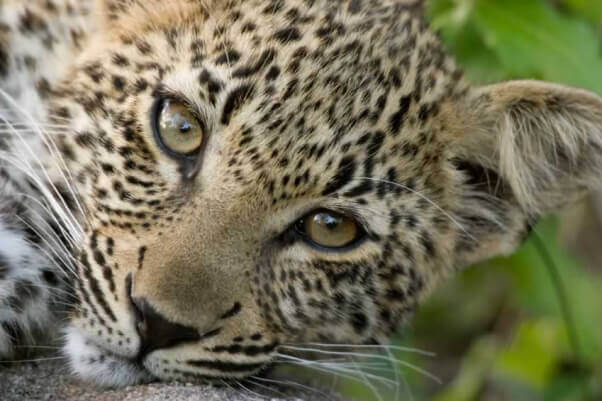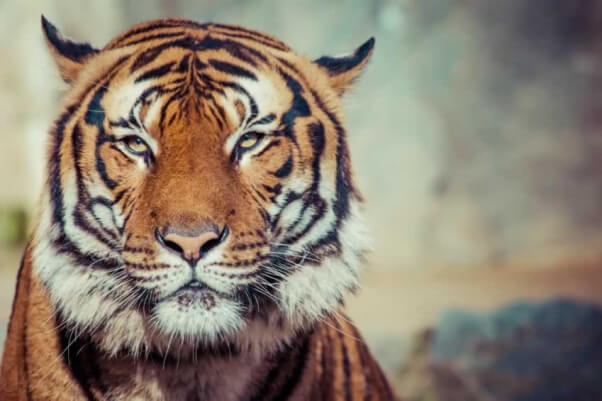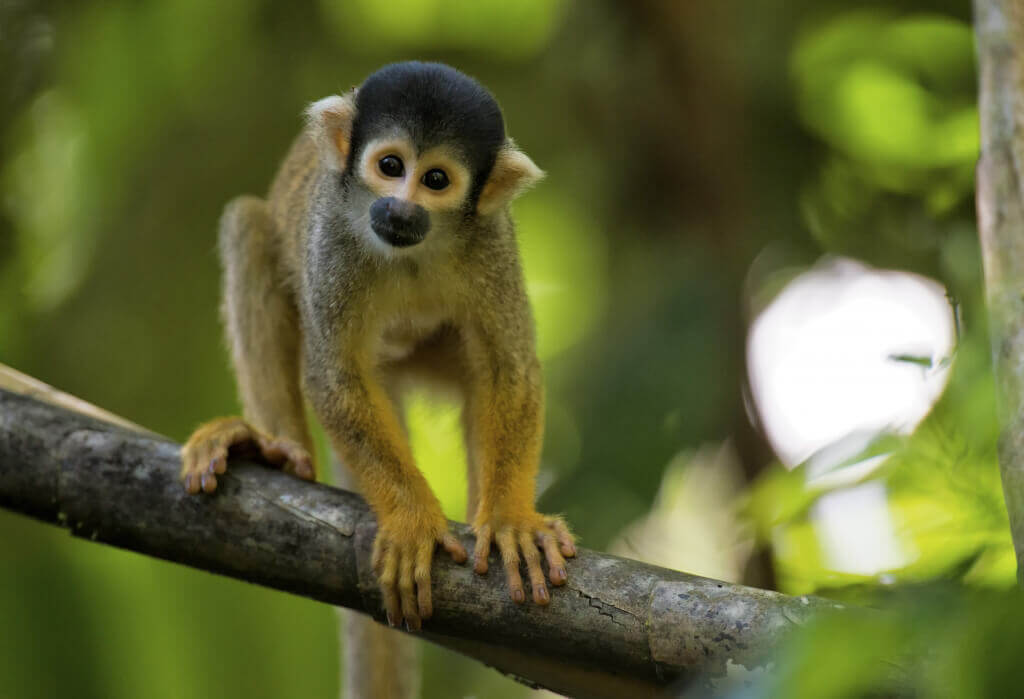Make Siegfried & Roy Do a Disappearing Act
The Siegfried & Roy show at The Mirage in Las Vegas was permanently closed after Roy Horn was nearly mauled to death by a tiger during a show in 2003. Yet caged tigers are still used to draw tourists into the casino, and dolphins languish in a swimming pool behind the resort. Now, the fading Vegas duo has submitted a request to obtain an Endangered Species Act (ESA) permit to allow them to buy, sell, and breed endangered leopards to display at the hotel.
In response, the PETA Foundation’s Captive Animal Law Enforcement (CALE) Division filed official comments with the U.S. Fish & Wildlife Service (FWS) in opposition to the pair’s application, pointing out that Siegfried & Roy have failed to meet the bedrock requirement for an ESA permit—to demonstrate that the proposed activities will “enhance the propagation or survival” of endangered leopards.

Siegfried & Roy’s application cannot be lawfully approved since their company has bred primarily white tigers and lions—who are inbred by definition, are prone to injury and deformity, and have no conservation value. Siegfried & Roy also failed to report (as is required by law) the number of big cats who have died in their care in the past five years.
In other news:
- Another big-cat exploiter, Jeff Lowe, thought it was acceptable to keep tigers caged at a South Carolina indoor flea market. Despite overwhelming public opposition, Lowe not only held tigers at his Beaufort Liquidation store but also reportedly purchased the notoriously awful Big Cats of Serenity Springs roadside zoo in Colorado and was planning to move more than 150 of the animals to South Carolina. CALE contacted the county attorney and suggested that officials impose an emergency ordinance to prevent Lowe from bringing cats in, and a temporary ban was passed. Lowe apparently saw the writing on the wall and announced that he’d be moving to Colorado.
- Speaking of Serenity Springs, the awful roadside zoo has just been hit with a new complaint from the U.S. Department of Agriculture (USDA) for allegedly failing to provide numerous visibly sick, underweight, and lame tigers with adequate veterinary care. According to the USDA, workers also allegedly failed to notice that a cougar had died until a USDA inspector pointed out the animal’s stiff body covered with snow. The USDA’s complaint also claims that zoo personnel transported several 3-day-old, unweaned tigers to the notorious Garold Wayne Interactive Zoological Park, where they died within two days of arriving.

- In another roadside zoo case, the USDA hit notorious Tri-State Zoological Park with an official warning for violations of the Animal Welfare Act found during two inspections—one of which was prompted by a PETA complaint. And an even more recent newly released USDA inspection report revealed more of the same at Tri-State, including animals housed in a damaged, dilapidated enclosure that left them at risk of injury from sharp wires while a coatimundi was confined to an enclosure with old, dried feces on a carpeted resting platform. Tri-State’s apparent violations don’t stop there: Thanks to a damning eyewitness report, PETA is submitting a fresh complaint to the USDA documenting additional apparent violations, including highly social primates—a squirrel monkey and a capuchin monkey—housed in isolation, an obese Asian black bear, and a kinkajou confined to a filthy, feces-strewn enclosure in which even the animal’s food bowl was covered with excrement.

- Following a CALE complaint, the USDA recently inspected the Mobile Zoo in Alabama and found that in addition to allowing bears and bobcats to languish in dirty enclosures, it had also failed to provide an underweight tiger with a protruding hipbone and open wounds on her ears—which were swarming with flying insects—with veterinary care. Animals had no shelter from the wind and rain, and cages were littered with discarded, rotting garbage. An enclosure holding bears contained vomit and diarrhea, which the facility’s staff had not noticed, nor had they called in a veterinarian to examine the animals.

